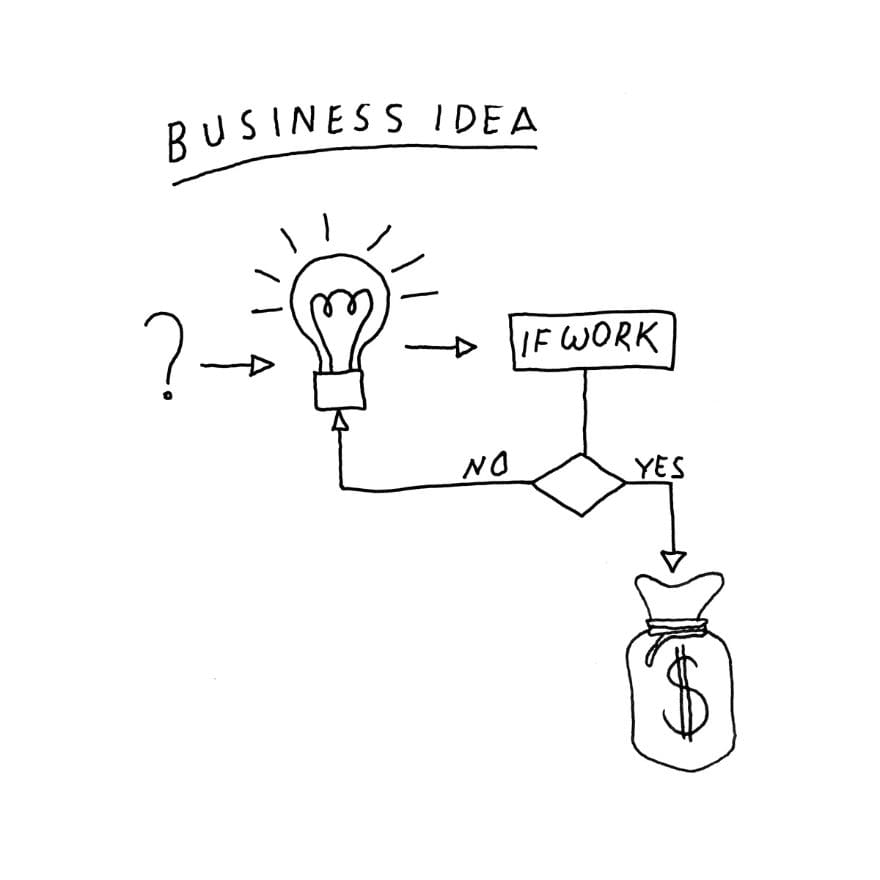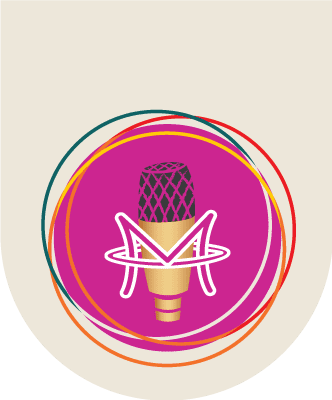Let’s face it. We start our solo studios, coaching businesses, artistic performers personas, etc because we love SERVICE AND CREATIVITY, not because of a well thought out service-based business plan that we were sure would make us a ton of cash.
Most music teachers and creatives don’t even know what a business plan actually is.
Or, the thought of having to make a plan (that could potentially fail, ahem) causes a level of anxiety and nausea that rivals any Six Flags Roller Coaster.
Before you “Oh Lord, I have to do THAT too!?” me, let me be clear: I don’t believe that micro businesses need to write a business plan right out the gate. (You will if you want to get moola for capital, though.)

I do believe that at the very least, knowing what one is, what it entails, and what will be expected is helpful in decision making and the discovery process you’ll go on as you figure out your business goals and dreams.
What is a business plan?
A business plan is a document that outlines the financial and operational goals of a company, as well as the strategies and tactics that will be used to achieve those goals.
A basic business plan needs:
At its most basic, you need only three things to create your business plan:
- A client
- A thing to sell
- A way to handle money
Figure those three things out, and voilá! Business!
A fancier business plan needs:
If you want to get a little more fancy, you can say a business plan needs these things:
- A client with a need
- A thing to sell that meets a unique need
- A supply chain to create the thing you’re selling
- A system to bring knowledge of the offer to the peoples
- A system to sell and manage the revenue and expenses around the offer
- A delivery system to get the offer to the peoples
- A process of reviewing and maintaining the offer
- Tweak and Repeat with another thing to sell
How to write a business plan
Writing a business plan seems like it can be a daunting task, yet if you’re wanting to grow quickly, is an important step in starting or growing a business.

Here are some tips on how to write a business plan:
1. Conduct market research:
Before you start writing your business plan, it’s important to understand the market you’re entering. Research your target customers, the other folk in your area of business (ie coaching, piano, voice, body working, accounting, etc.), and industry trends to gain a better understanding of your market.
This doesn’t mean copy the other people. This means gathering data so that you can see where your business can fill a gap and who will be your colleagues in your field.
2. Define your business’s unique value proposition:
Your business plan should clearly state what makes your business unique and why it will be successful. This is often referred to as a “unique selling proposition” or “USP.” Yes, you have one, even if there are 2,745,195 other voice or piano or money coaches in your town. Find it!
And before you give me the whole “but there are a million kinds of toothpaste in the world, it doesn’t matter…” I ask you… if you can’t find that Tom’s Without Fluoride, how many stores do you go to in order to find it?
3. Outline your financial projections:
Your business plan should include financial projections for the next three to five years, including revenue, expenses, and profits. Make sure to provide detailed explanations for how you arrived at these projections.
YES YOU HAVE TO. Call me if you need help.

4. Describe your products or services:
Clearly explain what products or services your business will offer, and how they will meet the needs of your target market.
“I teach voice lessons” will not do. “I am a body worker” will not do. Detail your fee structure, the modality in which you will deliver the offers, what gap they fill in the market.
5. Develop a marketing and sales strategy:
Your business plan should include a detailed marketing and sales strategy, including a description of how you plan to reach your target customers, as well as how you plan to price, promote, and distribute your products or services.
YES YOU HAVE TO. Again, call me.
And note, this means a PLAN, with CAMPAIGNS, and TACTICS with TIMELINES. Not just “I guess I’ll post on TikTok again.” Also note, this is where pricing is discussed. Because pricing isn’t part of the offer itself – pricing is part of the marketing and sales area of your business.
6. Describe your management and organizational structure:
Your business plan should include information about the key people involved in your business, their roles and responsibilities, and how your business will be organized.
Even if you are a solo-prenuer. Being aware of what roles are needed, even in a sole proprietorship, can help you manage your time and gird your loins around stuff you’re not going to like as much from the get-go.
When you know you are having to take on the role of CEO, CMO, COO, Head Practitioner, CFO, Sales Rep, etc, then at least you know that you’re going to have to make time for all that. It will help you know how many hours you can sell, so that you can determine your pricing.
7. Address any potential risks or challenges:
Your business plan should acknowledge any potential risks or challenges that your business may face, and describe how you plan to mitigate or overcome them.
I love this part. It’s where I get to use my Restorative and Arranger CliftonStrengths. There is no challenge that can’t be figured out. Everything is figureoutable.
8. Include an executive summary:
The executive summary is a concise, one-page summary of your entire business plan that highlights the most important information. It should be included at the beginning of your business plan and should be written last after the completion of the plan.
This summary is the thing that you’re going to need if you apply for a start up costs business loan or you are looking to ensure venture capital of any kind. You probably don’t NEED the executive summary, but it can be fun to see it all laid out in beautifully written prose!
Effective Business Planning: Tailor it to Your Audience and Make it Fun
Most of all, remember that your business plan is a living document that you will update and revisit on a regular basis.
A solid and effective business plan should be clear, concise, and well-organized, and it should clearly communicate your vision for your business and how you plan to achieve it.
Michelle Markwart Deveaux
A solid and effective business plan should be clear, concise, and well-organized, and it should clearly communicate your vision for your business and how you plan to achieve it.
And, just like a resume: a business plan should be tailored to your specific audience; for example, investors may be looking for different information than a potential business partner, or yourself to look at and gain inspiration. (psssst: a vision board can act as a business plan!)
Also, because you know I have to qualify things: know that different types of business plans can exist, such as a lean startup plan, a non-profit plan, and so on, depending on your specific goal, industry and type of business.
Do you have a business plan?
What were the most fun parts? The most challenging? We’d love to know!
All My BeastyBoss,

P.S. If this whole email made you wanna barf with “UH-OH”, do not fret! We are gearing up to sell the 2023 cohort of How to Run Your Biz Without Hating Your Boss in a month or so – and in that program, you will gain all the info you need to write a business plan so that you don’t have to spin in circles trying to figure this stuff out. It’s never too late! Whether you are just starting out or have been doing your thing for years.
Want to know when the program launches? Join the Friday Jr. Mojo Maker Newsletter and you’ll get more business tips and notifications when we launch new products and services that can help your business grow to its potential!






0 Comments